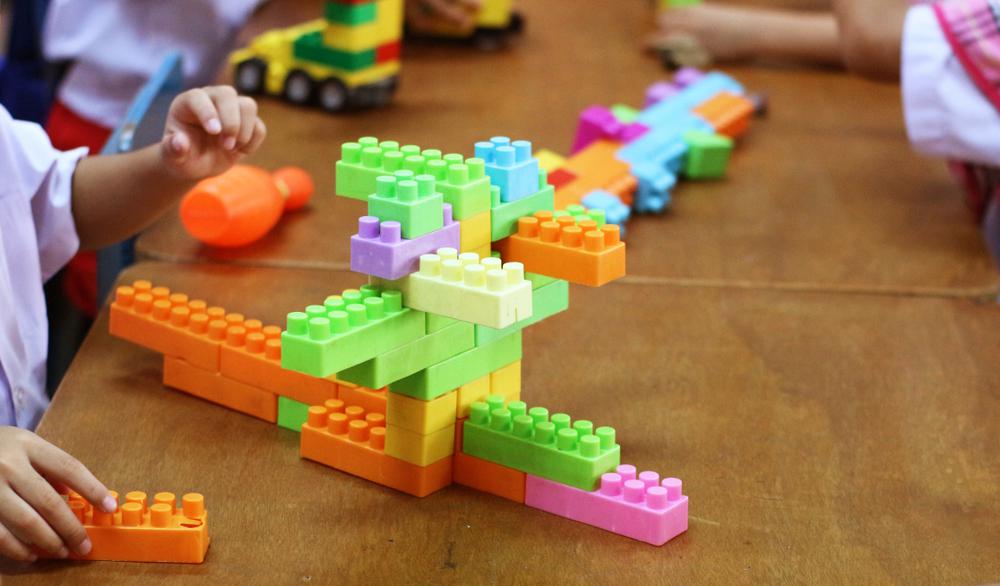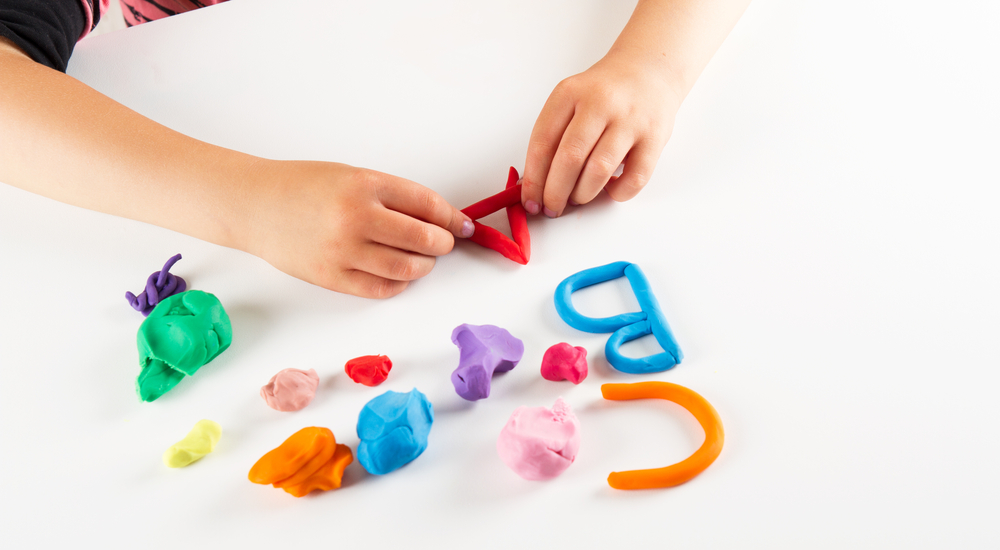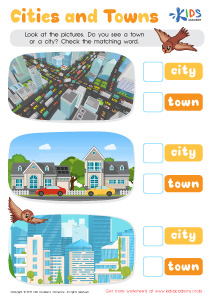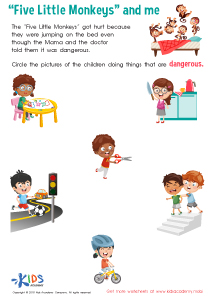Critical Thinking Easy Reading Worksheets for Ages 5-6
7 filtered results
-
From - To
Unlock your child's potential with our "Critical Thinking Easy Reading Worksheets for Ages 5-6"! Designed to challenge young minds while keeping learning fun, our worksheets enhance essential skills like problem-solving, comprehension, and logical reasoning. Perfect for at-home practice or classroom use, these activities foster creativity and boost confidence in early readers. Tailored to meet educational standards, they provide an enjoyable pathway to critical thinking development. Guide your child towards academic success effortlessly with our carefully crafted worksheets. Start building a strong foundation in critical thinking today with Kids Academy’s expertly designed reading resources for young learners!
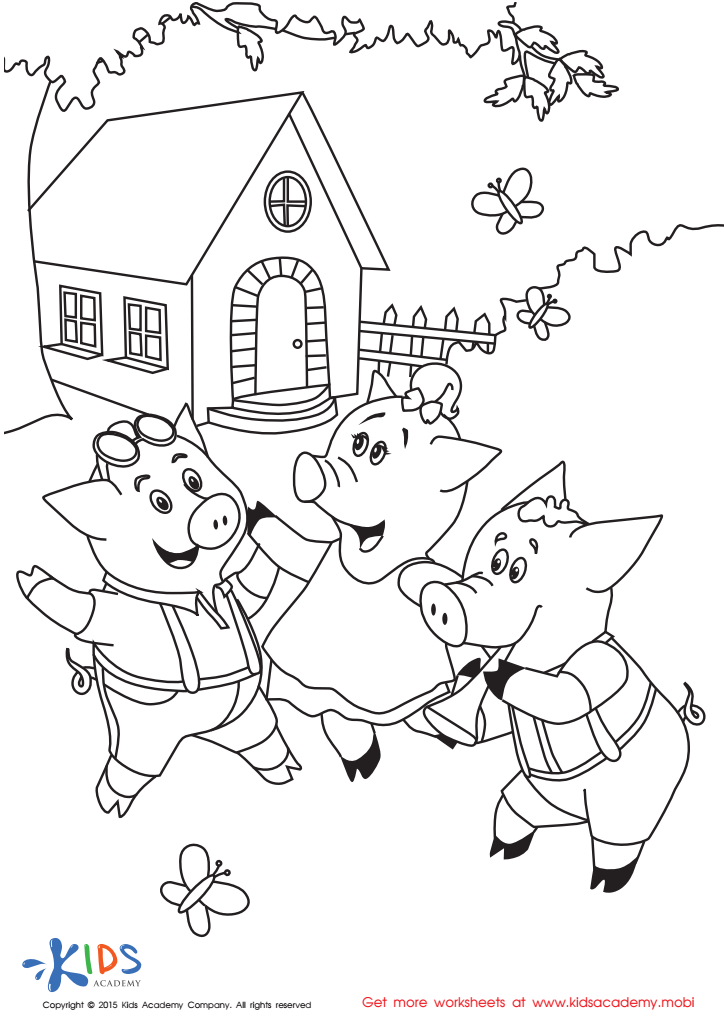

Folktales Printable PDF Worksheet: The 3 Little Pigs
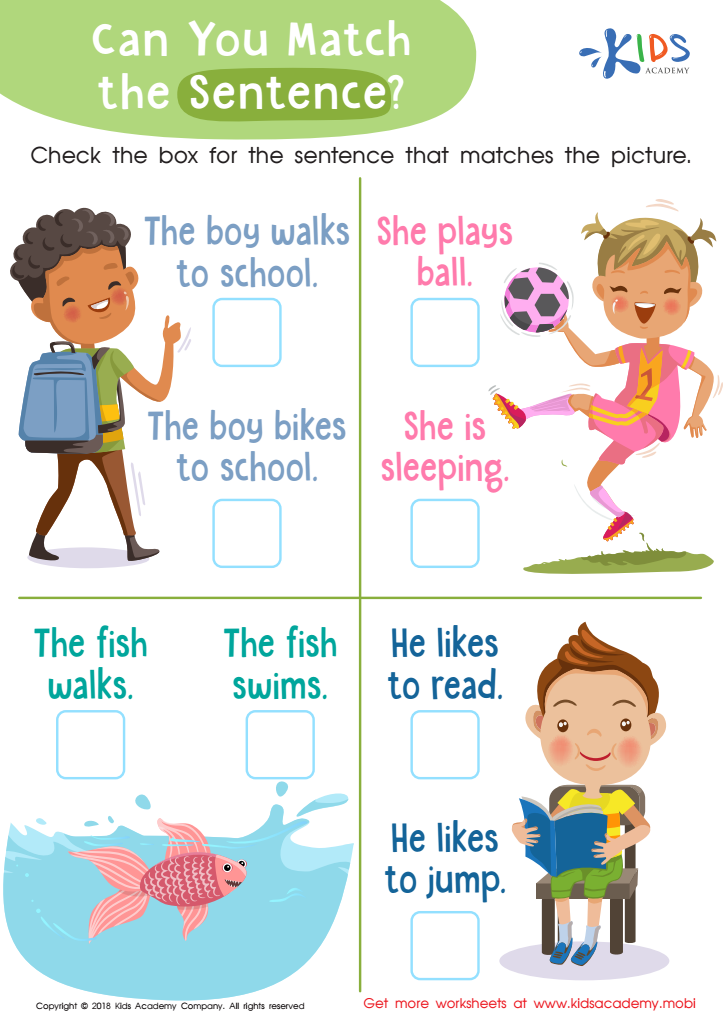

Can You Match the Sentence? Worksheet
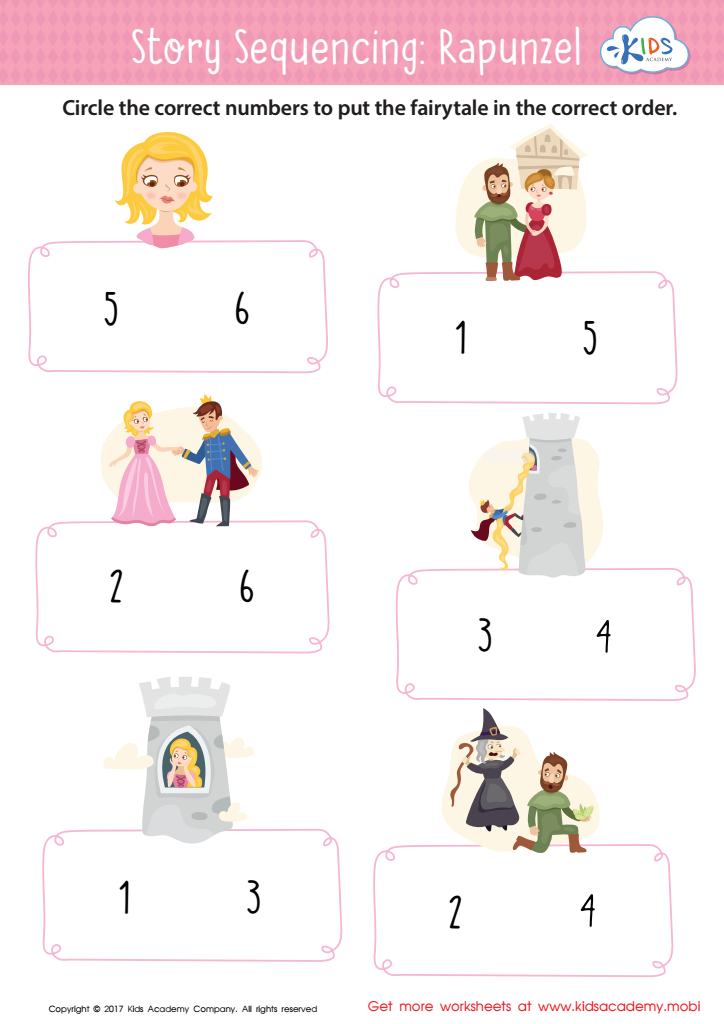

Rapunzel Story Sequencing Worksheet
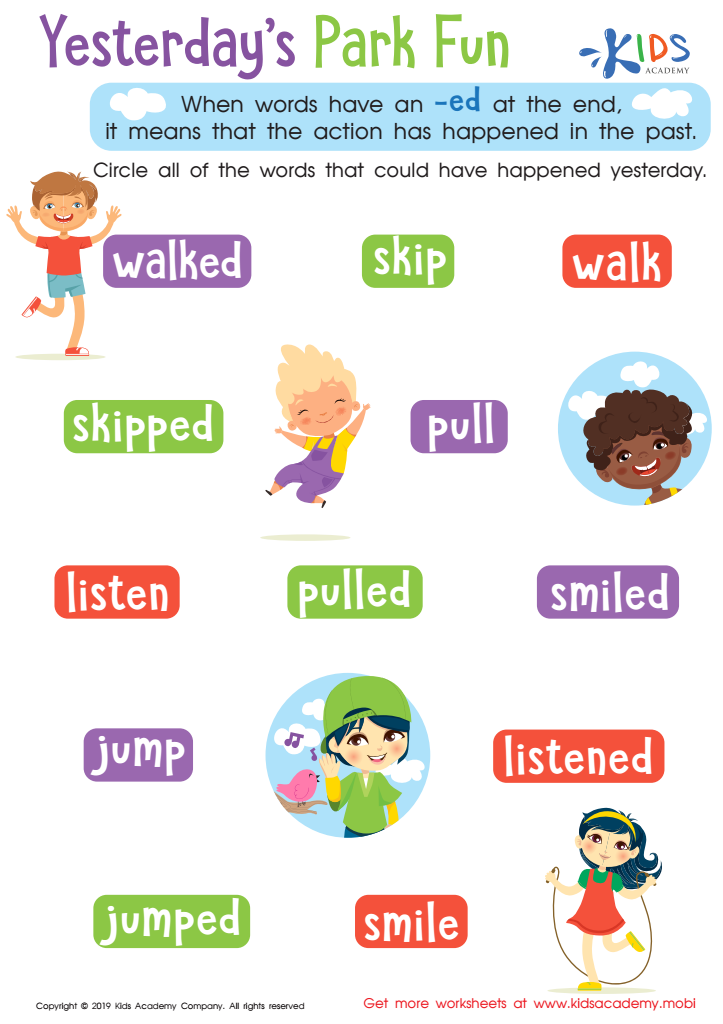

Yesterday's Park Fun Worksheet
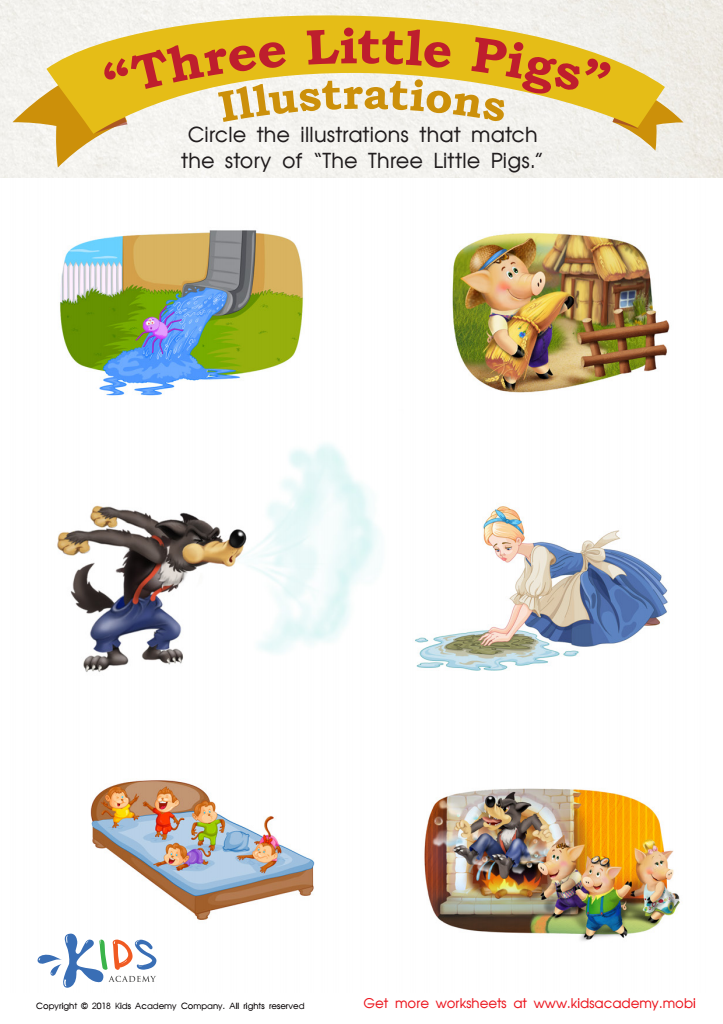

Three Little Pigs: Illustrations Worksheet
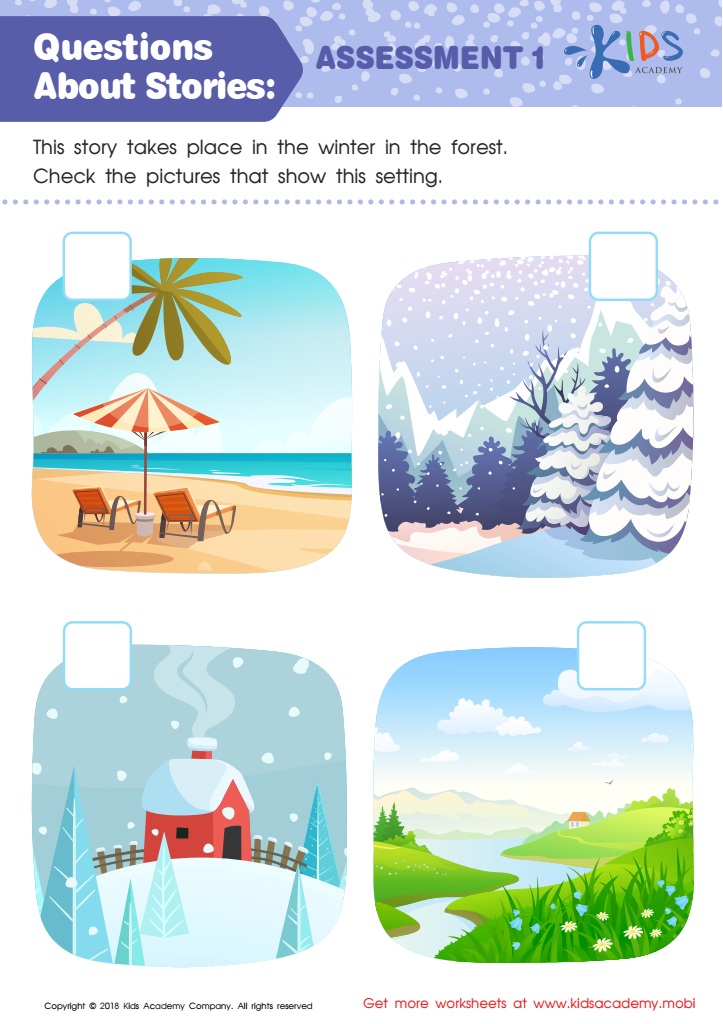

Questions About Stories: Assessment 1 Worksheet
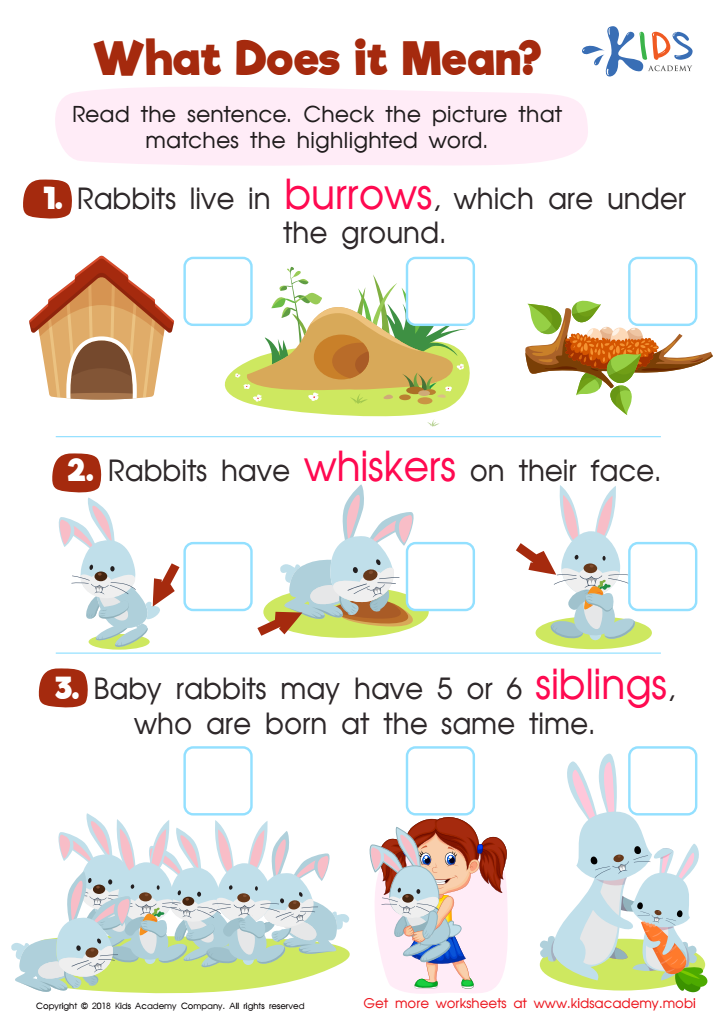

What Does It Mean? Worksheet
Parents and teachers should deeply care about critical thinking in easy reading for ages 5-6 because it forms the foundation of essential lifelong skills. During these formative years, children are not just learning to read, but they're learning how to think. Introducing critical thinking through simple stories and activities helps young minds learn to analyze, evaluate, and problem-solve. This doesn't only enhance their comprehension and enjoyment of the material but also nurtures an inquisitive mindset that is crucial for academic and personal success.
Moreover, engaging young children in critical thinking dialogues while reading promotes better understanding and retention of the story. It encourages them to ask questions like "Why did the character do that?" or "What might happen next?" This early practice develops their ability to infer and predict, which are key components of literacy and cognitive development.
Through critical thinking, children learn to connect their reading to the world around them, making literature more relevant and stimulating. Such skills empower them to become effective learners, improving their ability to approach all subjects critically. For parents and teachers, fostering these skills early on ensures that children are better prepared for future educational challenges, making critical thinking in easy reading a vital investment in their intellectual and emotional growth.
 Assign to My Students
Assign to My Students



